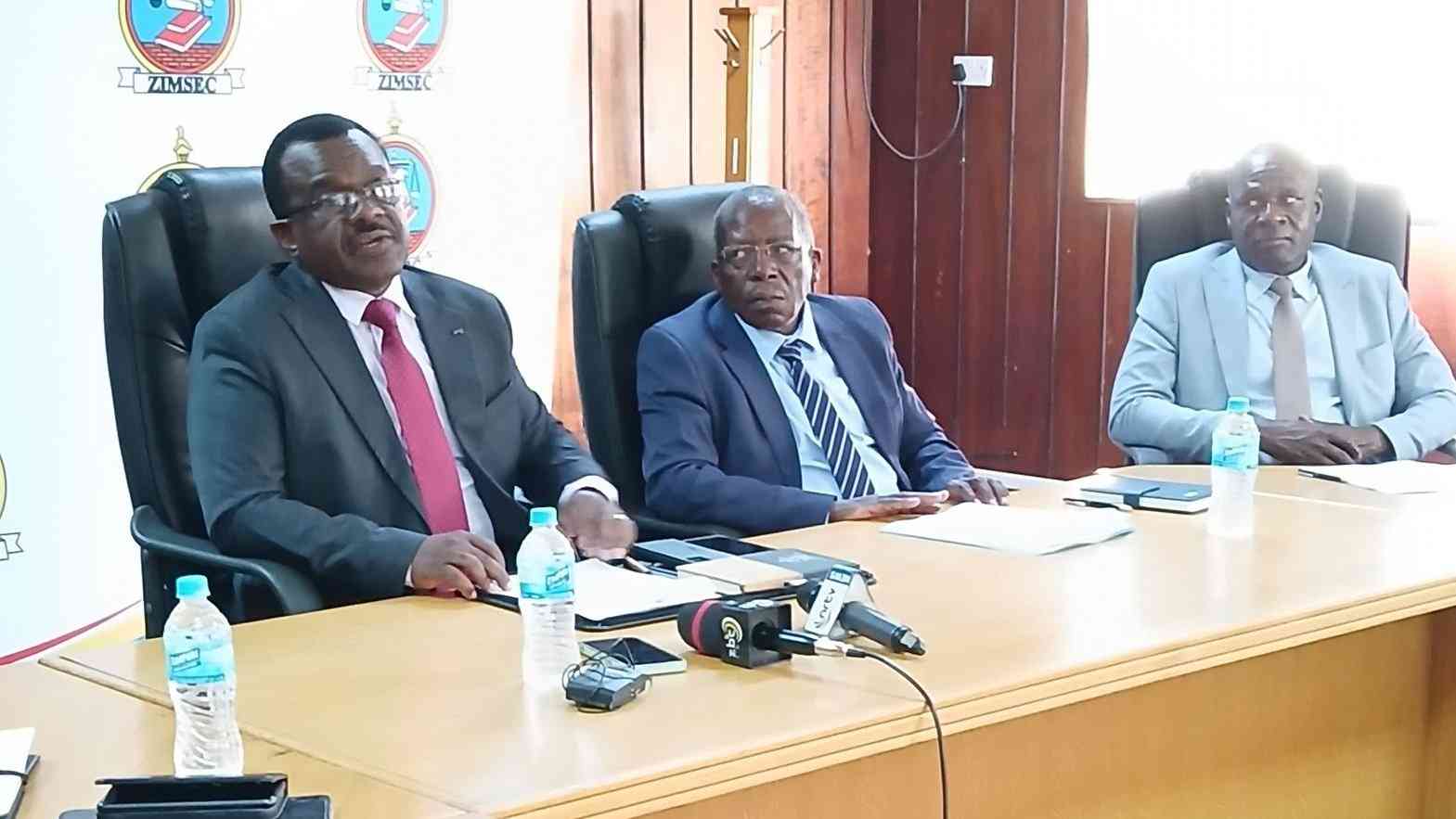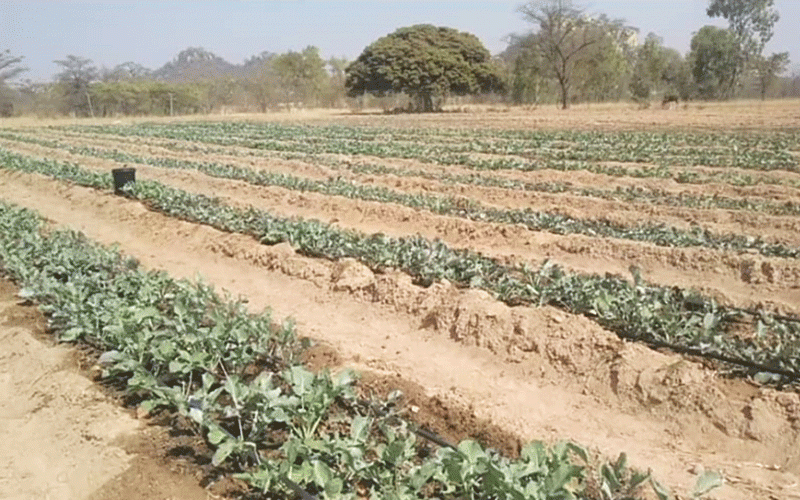
THE Lands and Agriculture ministry has submitted a $40 million bid in the 2019 National Budget to compensate white former commercial farmers, with the government promising to pay half of the amount, Parliament heard yesterday.
BY VENERANDA LANGA
Finance ministry director Peter Mudzamiri revealed this when he and acting secretary Joseph Gondo appeared before the Parliamentary Portfolio Committee on Lands chaired by Gokwe-Nembudziya MP Justice Mayor Wadyajena to speak on the ministry’s 2019 budget bid.
“We only got $20 million, but the $40 million that we bid for was just an estimate looking at how many farmers we are going to pay. Our focus here is that we are looking at paying 50 former farmers in 2019,” Mudzamiri said.
“Our valuation team is looking at the average total value of the farms, but the total debt will be worked out after completion of the valuation programme by December.”
Mudzamiri said since the adoption of the multi-currency system, a total of 95 former farm owners were compensated.
“In 2018, we compensated 25 former farmers and paid $1,2 million and the value paid depended from farm to farm,” he said.
Gondo told the committee that Lands and Agriculture minister Perrance Shiri asked for a $1,2 billion allocation for 2019, but government only promised them $1 billion.
- Chamisa under fire over US$120K donation
- Mavhunga puts DeMbare into Chibuku quarterfinals
- Pension funds bet on Cabora Bassa oilfields
- Councils defy govt fire tender directive
Keep Reading
Wadyajena then queried the ministry’s required allocation of $180 million for command agriculture, arguing that since the programme was being bankrolled by a private financier (Sakunda Holdings), then the ministry could be double dipping.
But Gondo said the financier only supported supply of inputs, while the ministry needed the $180 million to support operational costs for the programme.
The ministry was also grilled on the $285 million it requested for the strategic grain reserves. Wadyajena pointed out that if they kept 500 000 tonnes every year for the strategic grain reserves, then they did not need to have a budget for it each year.
“We need to keep replenishing it because some maize may perish and some of it might be needed for the Social Welfare Department,” Gondo said.
But MPs said the Social Welfare Department had its budget for food mitigation.
Cotton Company of Zimbabwe (Cottco) managing director Pious Manamike said the 2% tax on electronic transactions would hit hard cotton farmers and derail the industry.
“What it means is that the cotton farmers will fork out around $1,3 million in taxes if the 2% tax is maintained, but most cotton farmers are poor,” Manamike said.











